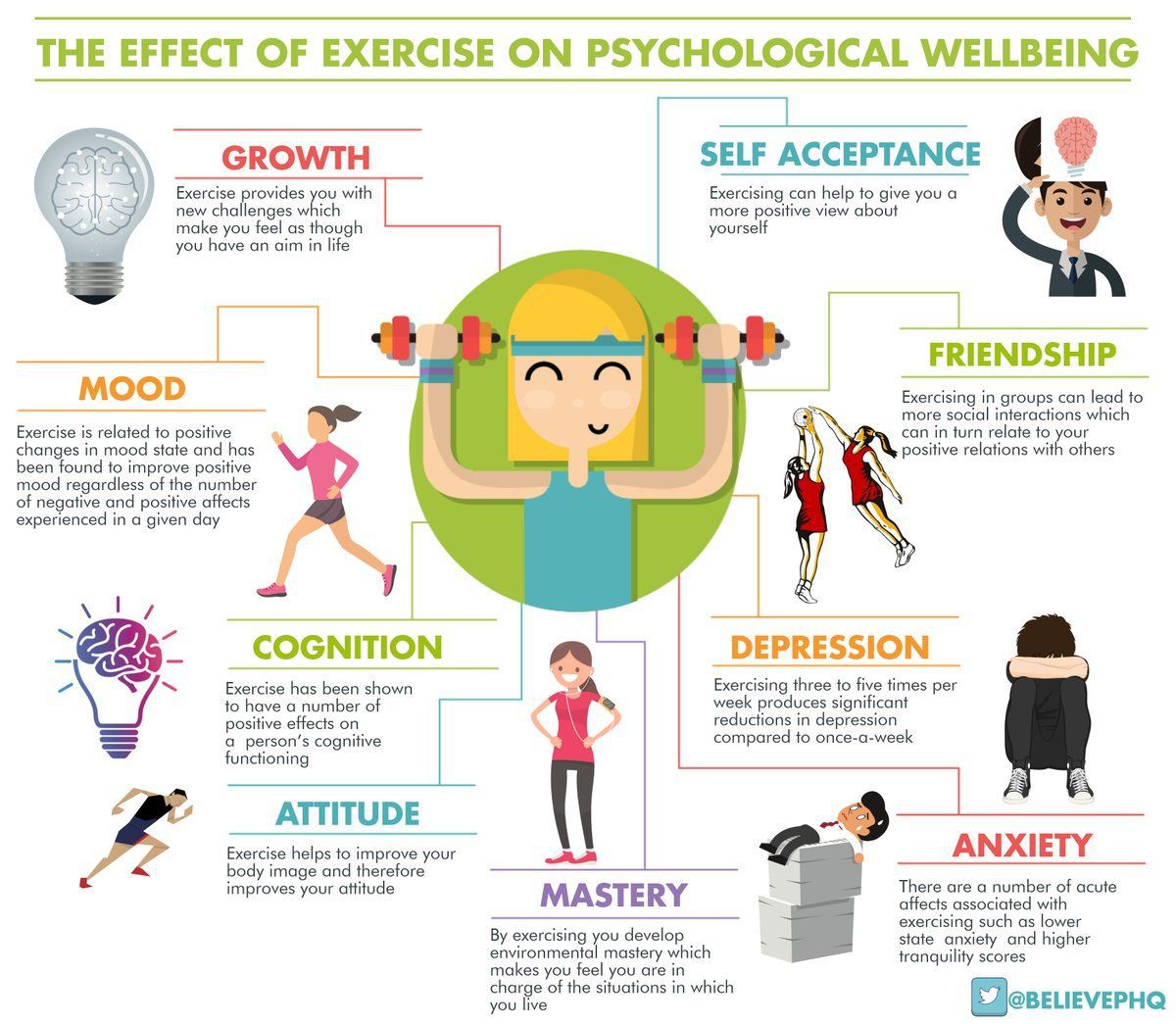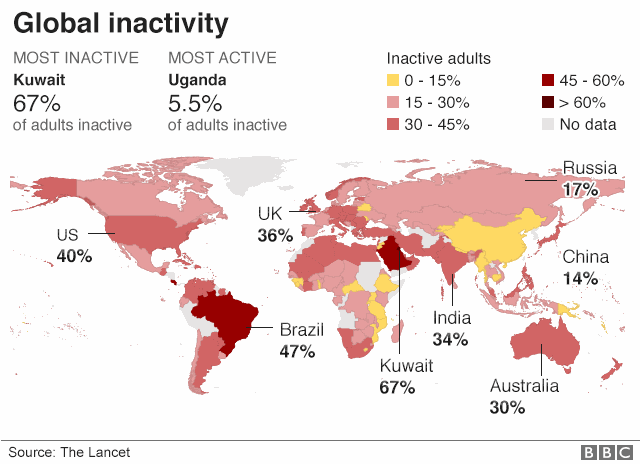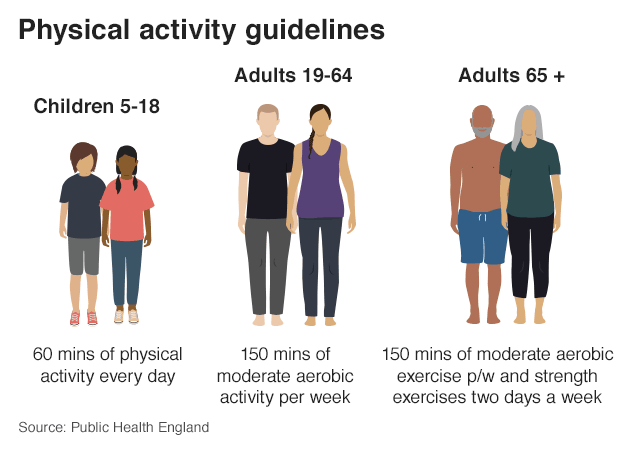Hello! The week starts and we are back...
In our previous article we talked about how a good sleep quality helped us keep our brains healthy and we also offered you some recommendations to improve the quality of our sleep.
Today, we are going to discuss how practicing exercises can benefit our brains’ health and enhance our cognitive processes.
Perhaps we cannot emphasize enough when stating that the systematic practice of physical exercise is the best route to preserve our health. As far as treatment goes, physical exercise is excellent and its negative effects are minimum when compared to other types of therapies as the pharmacological ones.
The most recognized benefit of physical activity is geared towards our cardiovascular health. Exercising reduces the possibilities of developing cancer; it makes us less vulnerable to pain; diminishes the risk of falling and improves our sleep quality.
Other benefits include: to musculoskeletal health, improves breathing, reduces the risk of suffering from diabetes and helps us keep a healthy body weight.
The positive impact of systematic physical activity practices on brain and cognitive health is unknown to the general population.
For example, aerobic exercises increase the hippocampus volume by 2%, a brain region that plays important roles in the consolidation of information from short-term memory to long-term memory, and in spatial memory that enables navigation.
This increase translates to the delay of the brain aging between one and two years, and can be evident in seniors’ verbal and spatial memory.
When people practice aerobic exercises in a span of 6 to 12 months, it is possible to detect an enhancement in the volume of the anterior cingulate cortex (a region involved in decision making processes), the upper temporal lobe (a structure linked to memory and learning processes) and the corpus callosum (a region that allows communication between left and right brain hemispheres).
Practicing physical exercise is also an exceptional technique for the formation of new neurons in the adult brain, a process known as neurogenesis. Neurogenesis frequently takes place in the hippocampus, a structure, as we learned in this blog post series is related to memory and learning.
Exercising regularly also impacts our emotional health. In a previous podcast, we learned emotions can affect our brain and cognitive health, mainly through depression, anxiety and stress. Currently, there is evidence that those who incorporate physical exercise regimens into their lifestyles are less vulnerable to these diseases and stimulate brain and cognitive health.

Despite the many benefits linked with physical exercise to emotional, physical and cognitive health, people in general do not exercise enough. If we take a good look around, we can see people are watching too much television, playing video games, using their cellphones, or sitting in front of a computer instead of using that time to engage in physical exercise.
Worldwide 81% of adolescents and 95% of adults do not exercise nearly as much as they should, 35 to 44% of adults over the age of 65 do not practice the international recommended amount of exercise that equates to watching two of your favorite movies.

Physical inactivity has become a distinctive feature of today’s adult population. In the United States alone adults spend more than 7 hours sitting on a daily basis; a figure that rises to 10 hours per day when discussing people over 65. Physical inactivity patterns come with potential body weight gain, increasing the risk of suffering from Type 2 diabetes and metabolic syndrome.
There are studies showing that daily inactivity for more than 10 hours increases the probabilities of suffering a stroke especially in people over 70. According to studies carried out by the University of Missouri a sedentary lifestyle is the direct cause of at least one in 10 deaths.
The good news is that reducing the risks associated with a sedentary lifestyle is in our hands. The recommendation is simple: you should make the conscious effort to move more and avoid long hours of inactivity.
It has been ascertained that 15 to 40 minutes of aerobic physical activity has a positive effect on the cognitive health of children, substantively developing reading comprehension, general academic performance, attention and memory. Additionally, significant improvements have been reported on impulse control and information processing speed.

Considering that children can get bored easily, a good way to keep them motivated is to alternate different activities such as running, cycling and walking.
Systematic physical exercise practice in adults can make the difference between healthy and unhealthy aging. The amount of exercise done at 36 can predict how our memory will function at 43 or 53. The connection in this case is direct; active children and adults are less likely to experience memory loss problems when they are seniors.
The most significant effect of physical activity on adults’ brain and cognitive health is how fast benefits appear. After 14 days of regular aerobics practice it is possible to experience a betterment of verbal fluency and a shortening in the dorsolateral prefrontal cortex activity which translates into a greater efficiency in processing information.
After six weeks, our capacity for orientation and to remember addresses enhances. After three months there is a higher blood flow to the hippocampus that results in improving memory and learning. After four months of practicing regular exercise -- greater cognitive flexibility and self-control can be achieved.

For seniors, physical activities must include aerobics, strengthening exercises and flexibility. Aerobics should be done at least five days per week lasting between 30 to 60 minutes.
Strengthening exercises have a recommended frequency of two days per week following a comprehensive routine with series of 10 to 15 repetitions. Don’t forget about flexibility exercises! These should also be done twice a week with postures duration between 30 to 60 seconds.
These recommendations are endorsed by the American College of Sports Medicine and bring a significant improvement to physical, mental and brain health for those who implement them.
Remember that physical exercise is an ally to your general well-being. An active lifestyle is an investment in your health and future.
In our next post we will address how eating habits relate to our brain and cognitive health.
I wish you a great week. See you soon!